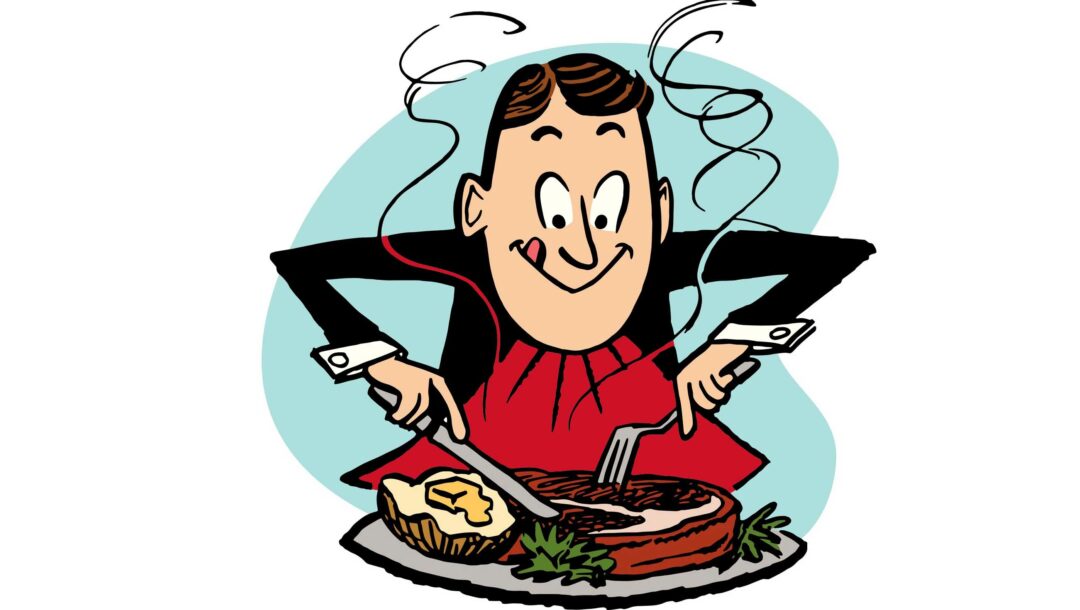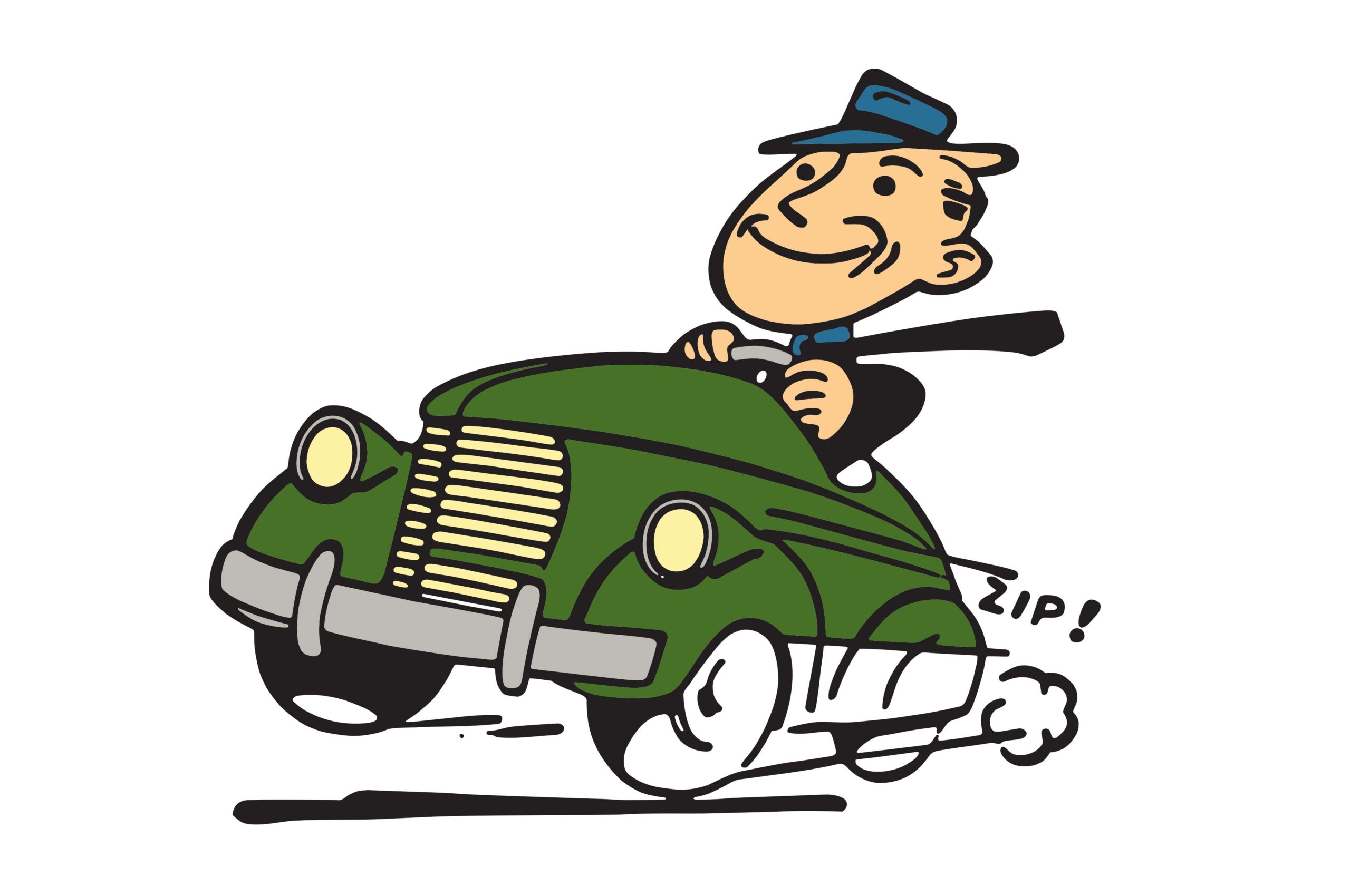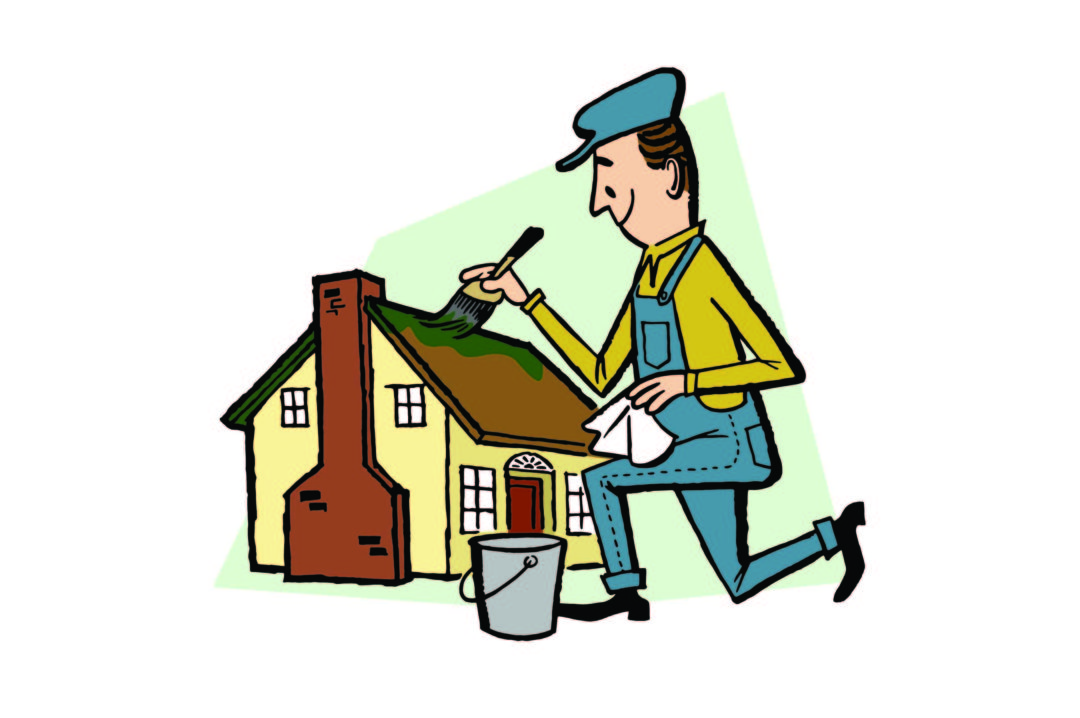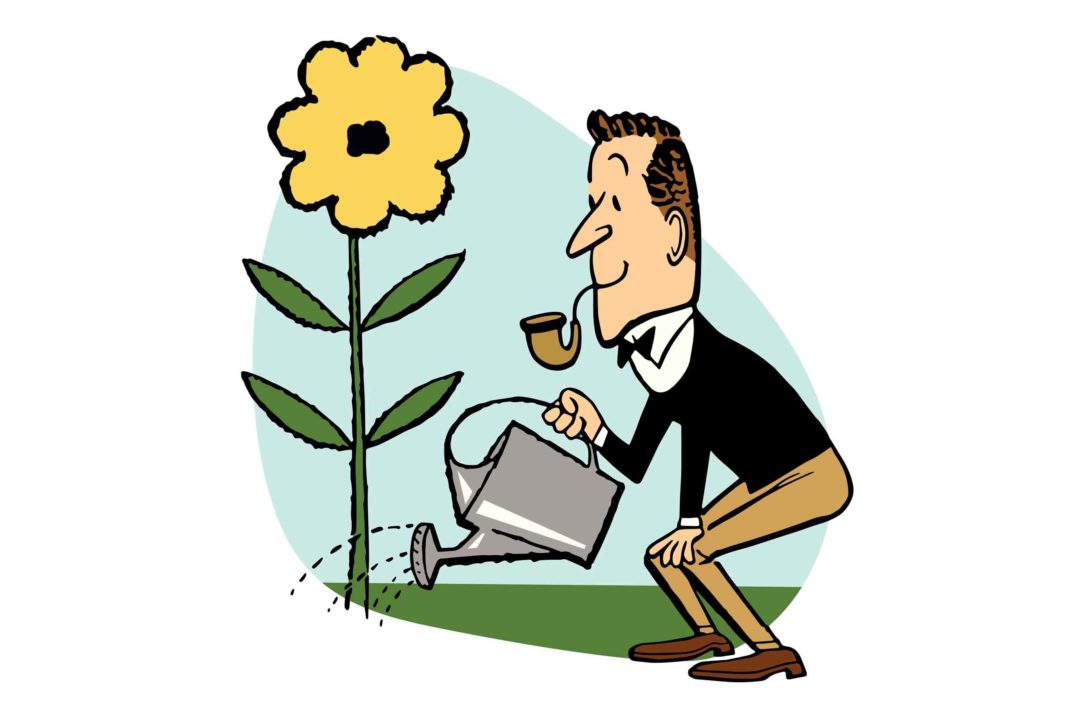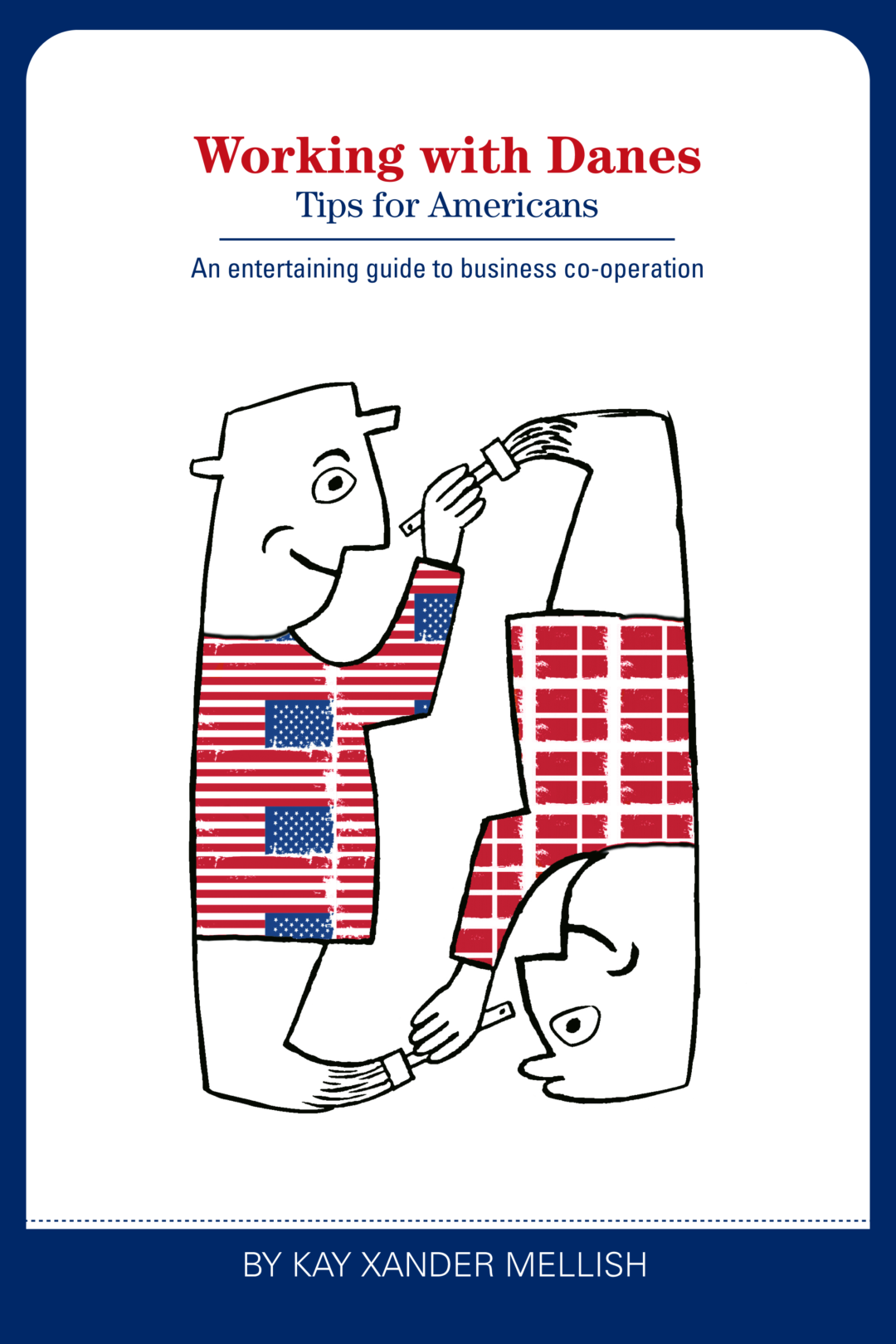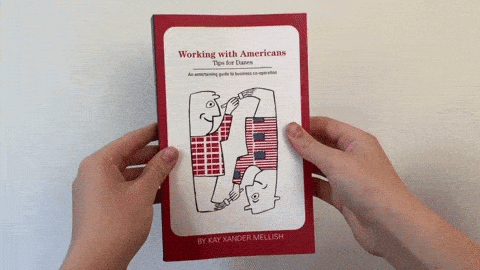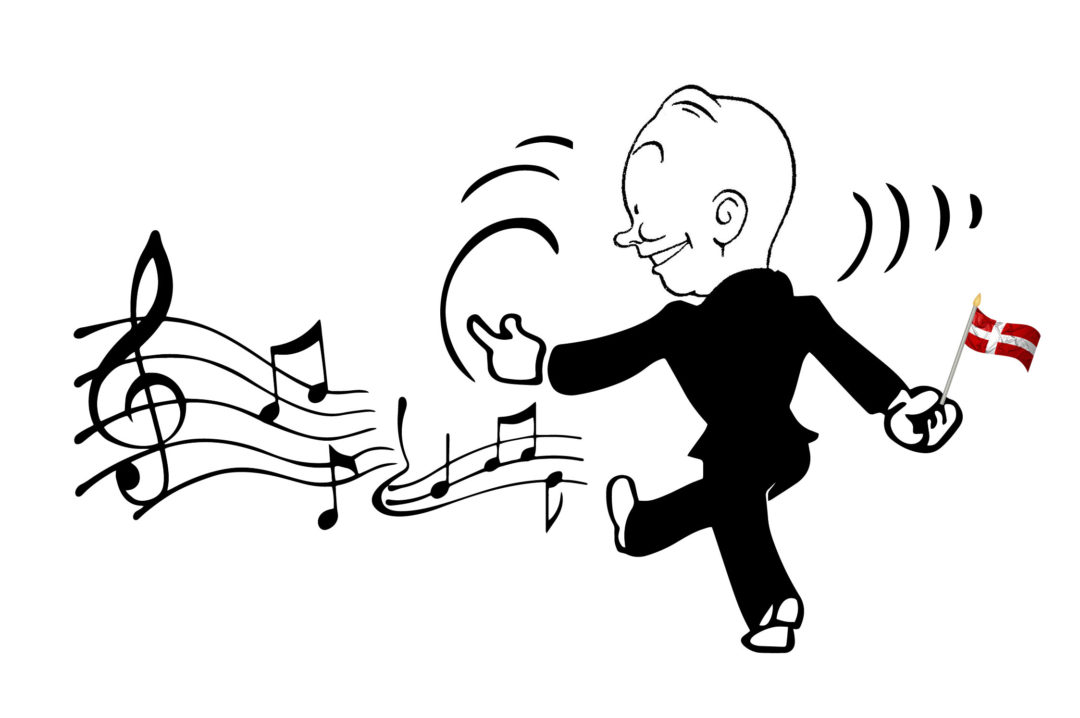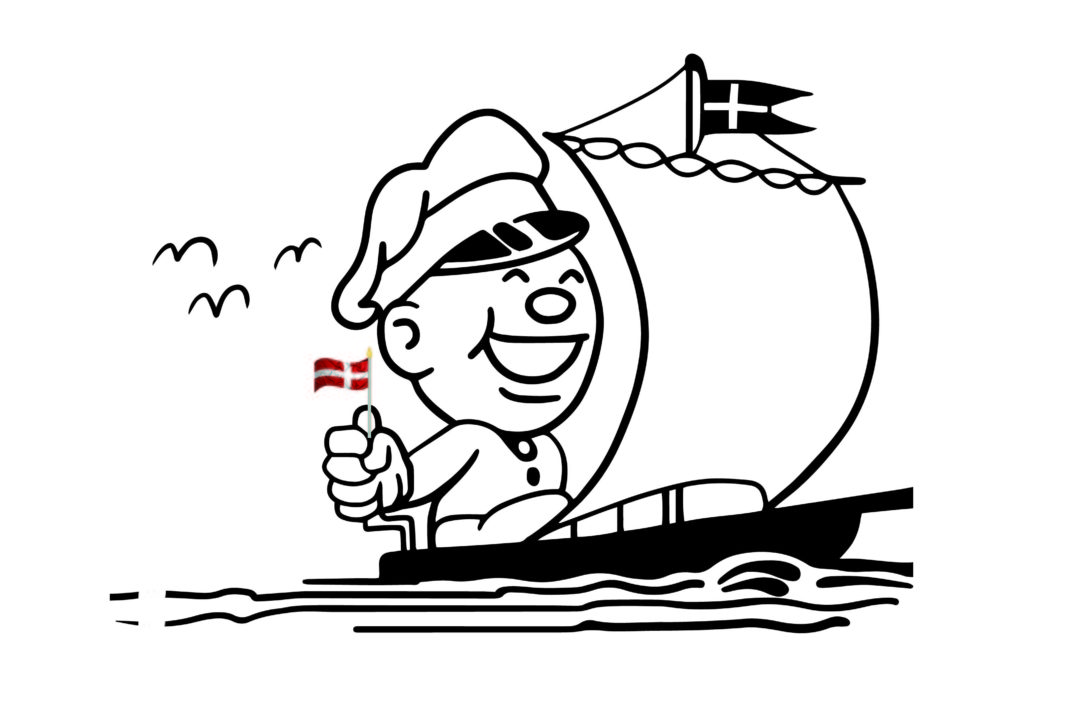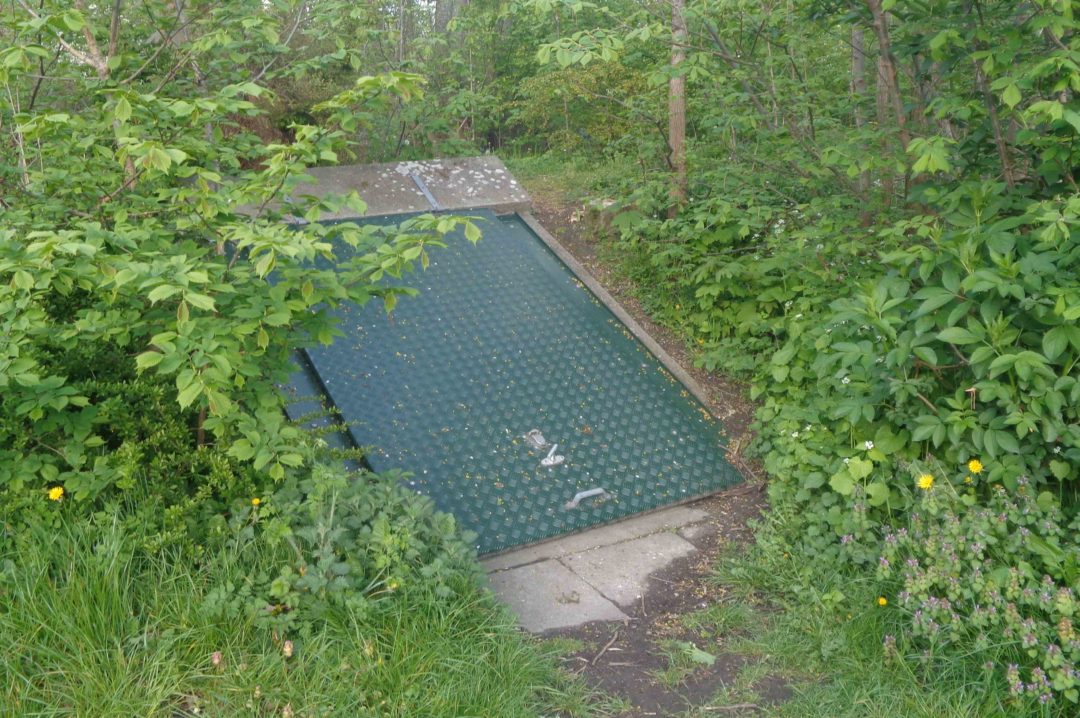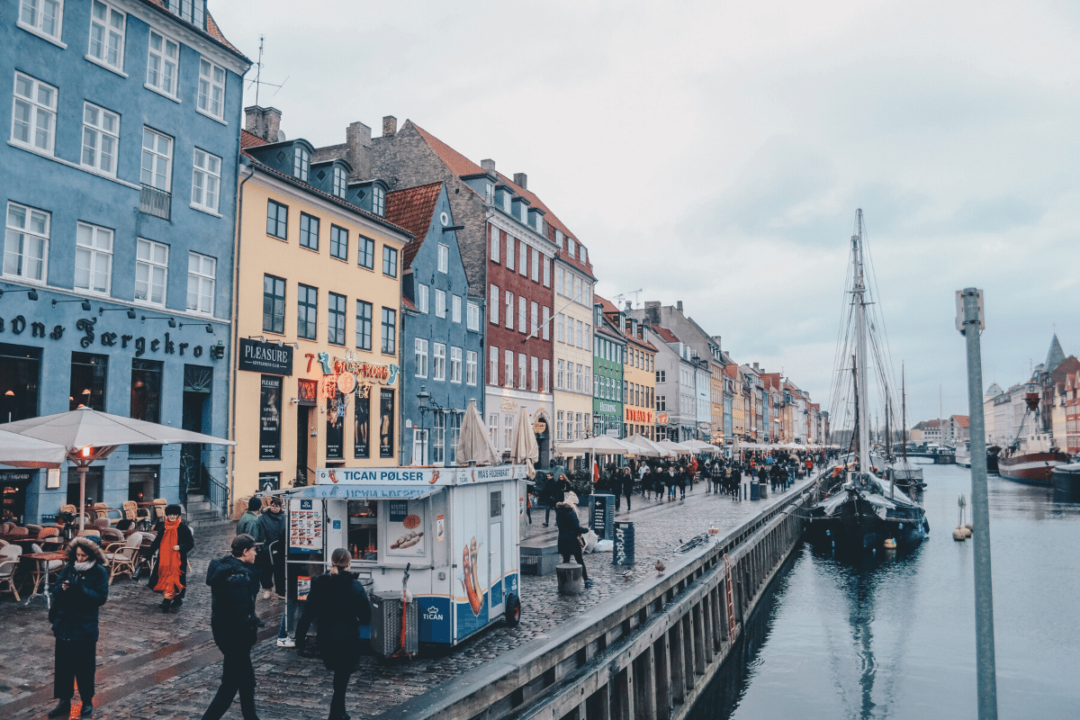Unlike the Norwegians, Swedes, and some Germans, the Danes don’t show their cultural pride by dressing up in 19th century folk costumes. (As a matter of fact, the first time I ever saw a Danish folk costume was at a festival in California.)
Instead, Danes express their cultural pride through food.
When visiting Denmark, you’ll be offered Danish cuisine, and expressing enthusiasm for it will go a long way towards generating harmony with your Danish friends.
Flæskesteg, Denmark’s national dish
The good news is, dining in Denmark offers something for everyone.
If you’re a carnivore, don’t miss the Danish pork dishes, particularly flæskesteg. That’s a crispy, fatty fried pork that’s often called Denmark’s national dish, served with sugary caramelized potatoes and braised red cabbage.
For people who prefer fish, there’s a great selection in this country surrounded by water.

